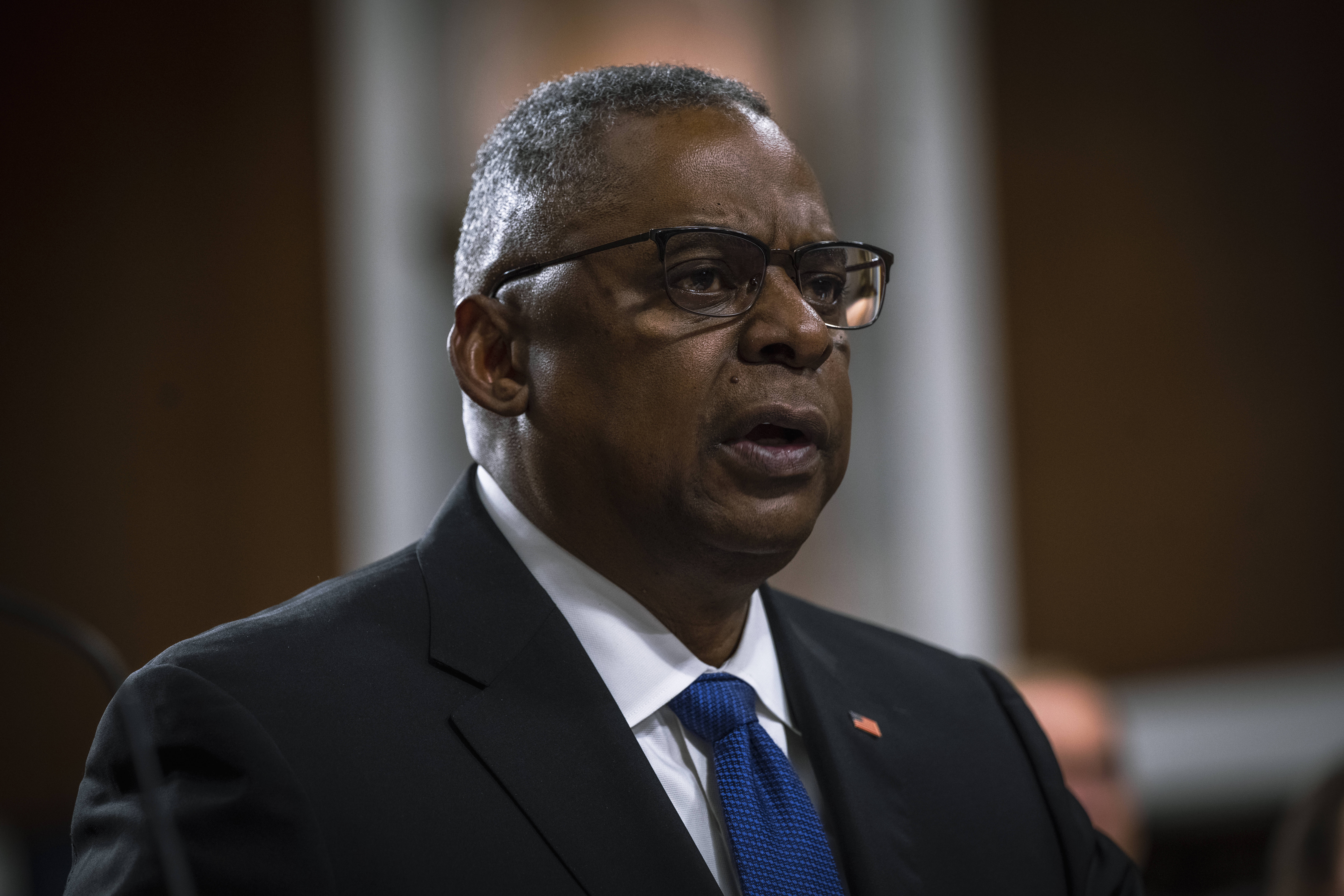Defense Secretary Lloyd J. Austin III wishes “wish lists” would just go away.
Asked by Sen. Elizabeth Warren (D-Mass.) whether he would favor repealing the law requiring service leaders to provide Congress with a list of unfunded priorities at a Senate Armed Services Committee hear, Austin said “I would support that.”
The unfunded priorities lists—or “wish lists” as some call them—have been an annual rite of spring in Washington for nearly three decades. Critics from both parties say they are a backdoor around the administration, enabling service leaders to make direct appeals to Congress and undermining the executive branch.
Warren is among a bipartisan quartet of Senators seeking to end the process. Along with Sens. Mike Braun (R-Ind.), Mike Lee (R-Utah), and Angus King (I-Maine), she introduced the Streamline Pentagon Spending Act late in the last Congress, seeking to end the statutory requirement for UPLs. Reps. Pramila Jayapal (D-Wash.) and Tom McClintock (R-Calif.) offered a corresponding bill in the House.
The legislation has yet to be formally reintroduced in the new Congress, but Warren’s questions indicate her continued interest.
“This year’s Department of Defense request is an $842 billion budget, one of the largest budgets in history,” Warren said. “Now, despite the massive size of this budget request, the committee is already receiving letters from various parts of DOD saying that they need billions of dollars more. DOD calls these unfunded priority lists. I call them wish lists. And I’m concerned about how they distort our budget process.”
In last year’s budget cycle, the military services and unified commands requested more than $20 billion combined. According to media reports, this year the Air Force is seeking another $2.5 billion in unfunded priorities, the Space Force is seeking $434 million, and U.S. Indo-Pacific Command is looking for $3.5 billion.
Lawmakers use the lists to boost the Pentagon’s topline budget and remove barriers to investment imposed by whichever party is in the White House at the time. Austin said the base budget request this year covers the requirements the administration sees as necessary to support the new National Defense Strategy.
“The service chiefs and commanders are required by law to submit those unfunded requests,” Austin told legislators. “And I do believe that all of our commanders and chiefs believe that what’s on there is important. Now, I’ve asked our commanders and our chiefs to make sure that they build their requirements for readiness and combat capability into their base budget.”
Warren noted that past testimony from combatant commanders indicated they see funding unfunded priorities as necessary to combat unexpected, emerging threats. She pressed Austin on whether the Pentagon has “sufficient tools to address emerging threats without relying on the unfunded priority list.”
Austin said it does. “We account for that as we build the budget,” he said.
Warren noted also that DOD Comptroller Michael J. McCord, in response to queries about the unfunded priority lists, had written that such lists are “not an effective way to illuminate our joint priorities.”
In every budget battle, at every step of the process, there are winners and losers. Unfunded priorities are unfunded because they didn’t win favor with decision makers at one or another stage. In 2009, then-Defense Secretary Robert Gates cracked down on the practice, which he saw as challenging his authority as secretary. Lawmakers objected, saying it is the responsibility of military officers testifying before Congress to share their best military judgment, rather than speak for the current administration. In 2016, they pushed through a measure in the 2017 National Defense Authorization Act formalizing the process for presenting the lists. The measure Warren is pursuing would repeal that requirement.

